Uncovering a whole world of information about the wildlife and the environment they have in their own backyard, students had CCB’s fun and exciting lessons, activities and games, interspersed with study time specifically requested by their school to help them study for upcoming exams. The deep dive into Botswana’s wildlife and conservation was a welcome treat for the students. But according to the attendees, it was the games and different activities they experienced that were the highlight. During the camp, the students got to witness one of our livestock guarding dog (LGD) veterinary clinics, where a veterinarian was spaying and neutering LGDs that had been placed by CCB’s placement programme. This is an important part of our service to LGD recipients, with sterilised dogs being less likely to spread disease and wander away from their livestock. This initiative also helps reduce the numbers of unwanted puppies in communities, helping to curb the street dog populations in Botswana.
The camp was also visited by officers from the Department of Wildlife and National Parks who gave a talk to students on how to identify snakes found in the local area, the venomous and non-venomous species, how students can stay safe in the bush, first aid for snake bites and how to react if you encounter a snake. This talk was a new addition to our curriculum, but was a particular highlight of the bush camp and one that we will endeavour to include in upcoming camps in future.
A new initiative taken by CCB was to have a “gratitude jar” at the front of the classroom for the duration of the camp, where the attendees could write down things they were grateful for. The responses ranged from students’ sketches of cheetahs and messages of thanks to CCB for hosting them at the bush camp. The feedback we received from the students and staff warmed our hearts and reassured us that our bush camps are having a real impact on those that attend. “CCB is a very nice place and I would like to work here, teaching children from different places. I’ve learnt that there are different ways of learning like playing educational games” – Natosha Jacob (student). Our use of educational games is perhaps the best (and most fun) way to help students remember important conservation messages. What makes these games so impactful is the fact that games like ours are not often used in the education system in Botswana, and their novelty makes them even more exciting for the students.
We were very happy to host this wonderful group of students and look forward to welcoming them back to CCB soon.
“I would like to thank CCB for the love, caring nature and the education they teach our children as they didn’t want to leave” – Amogelang Modikwe (Chobokwane Primary School teacher)

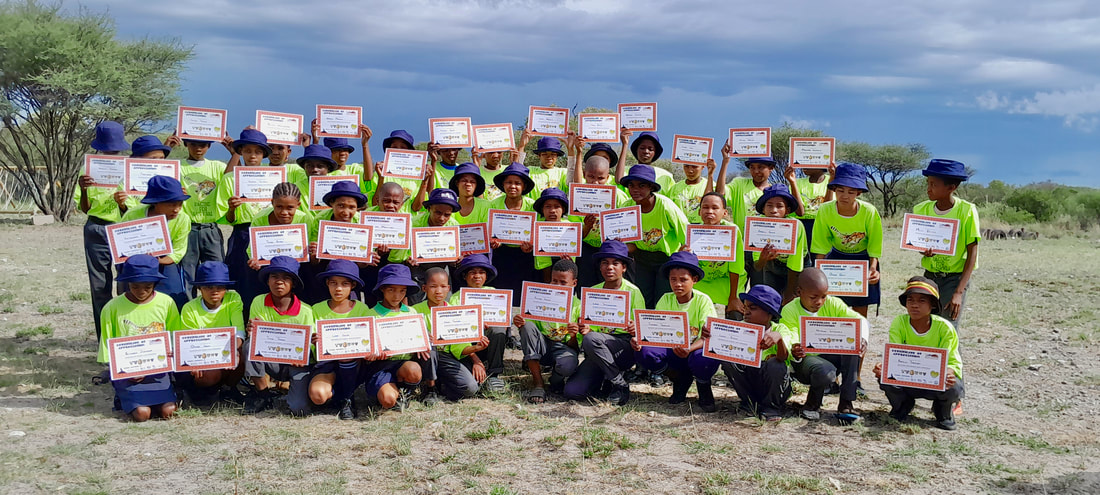
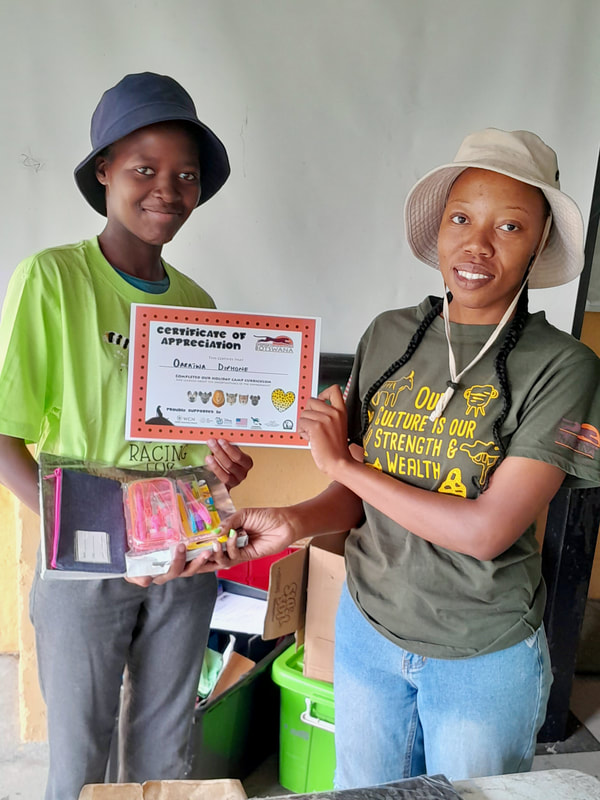

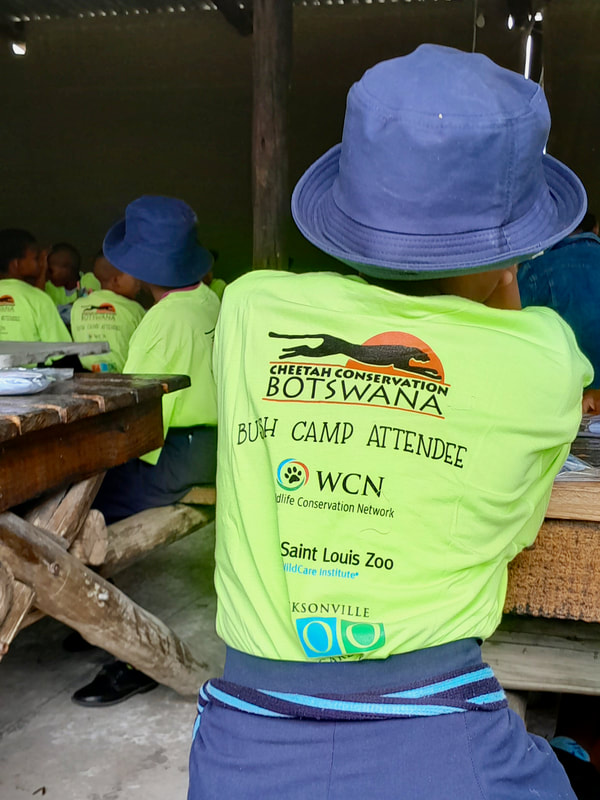


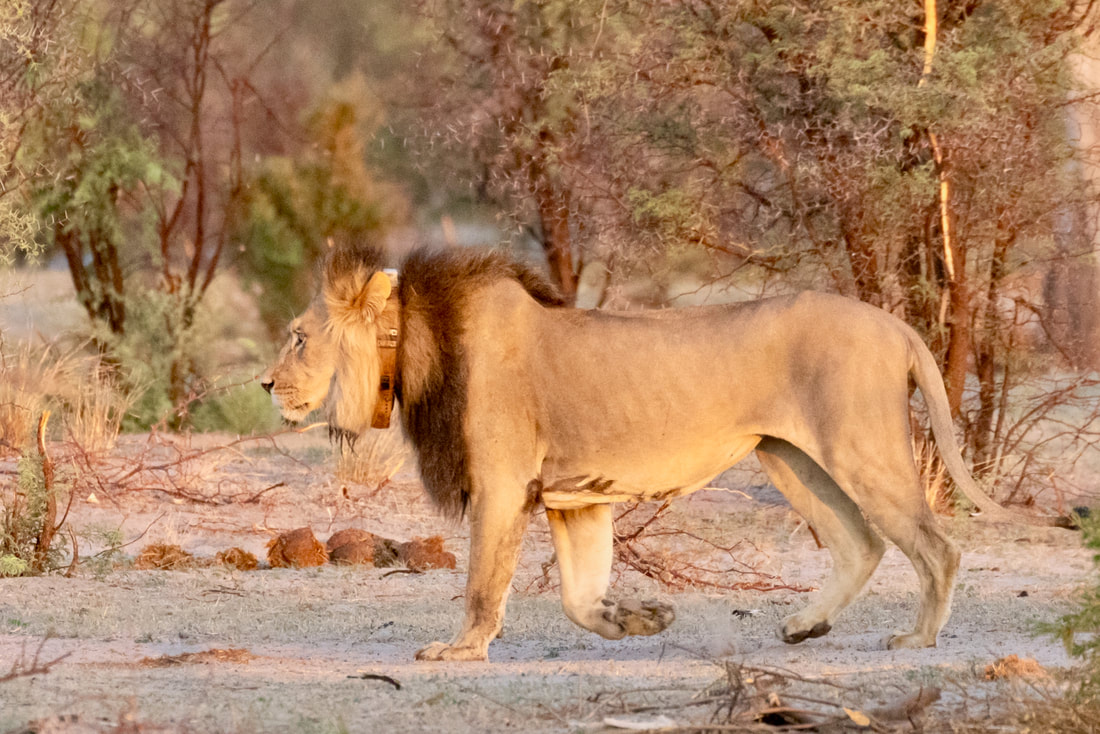
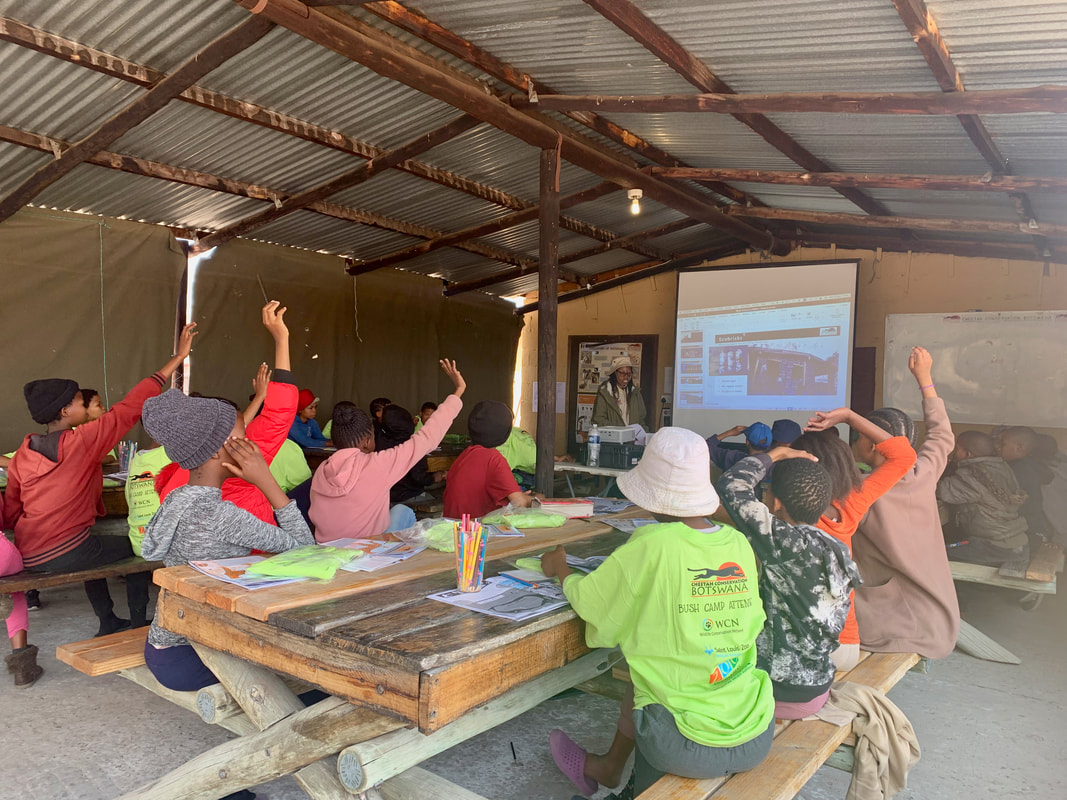
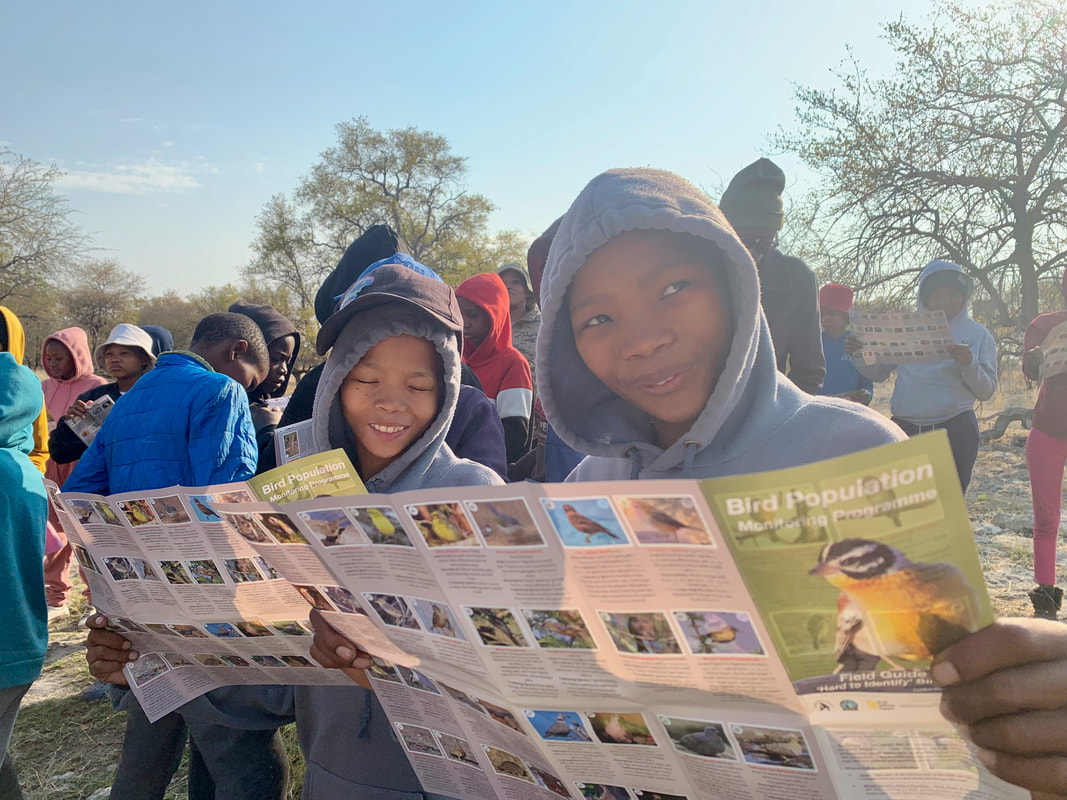
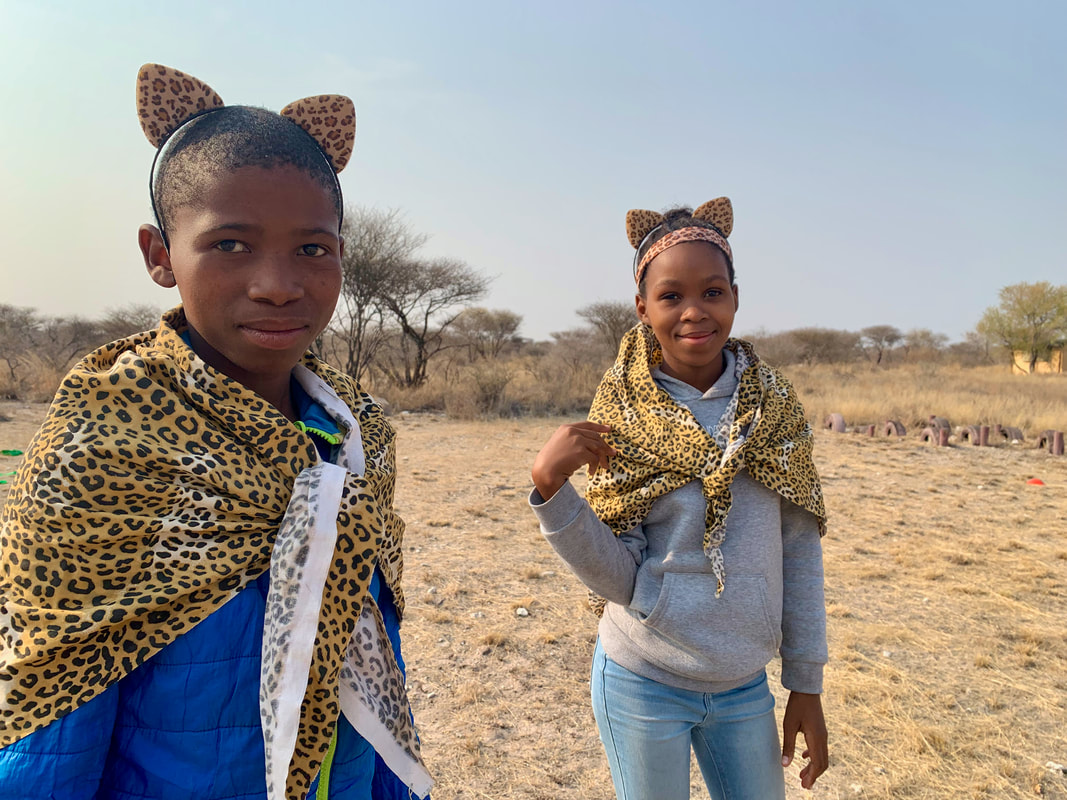
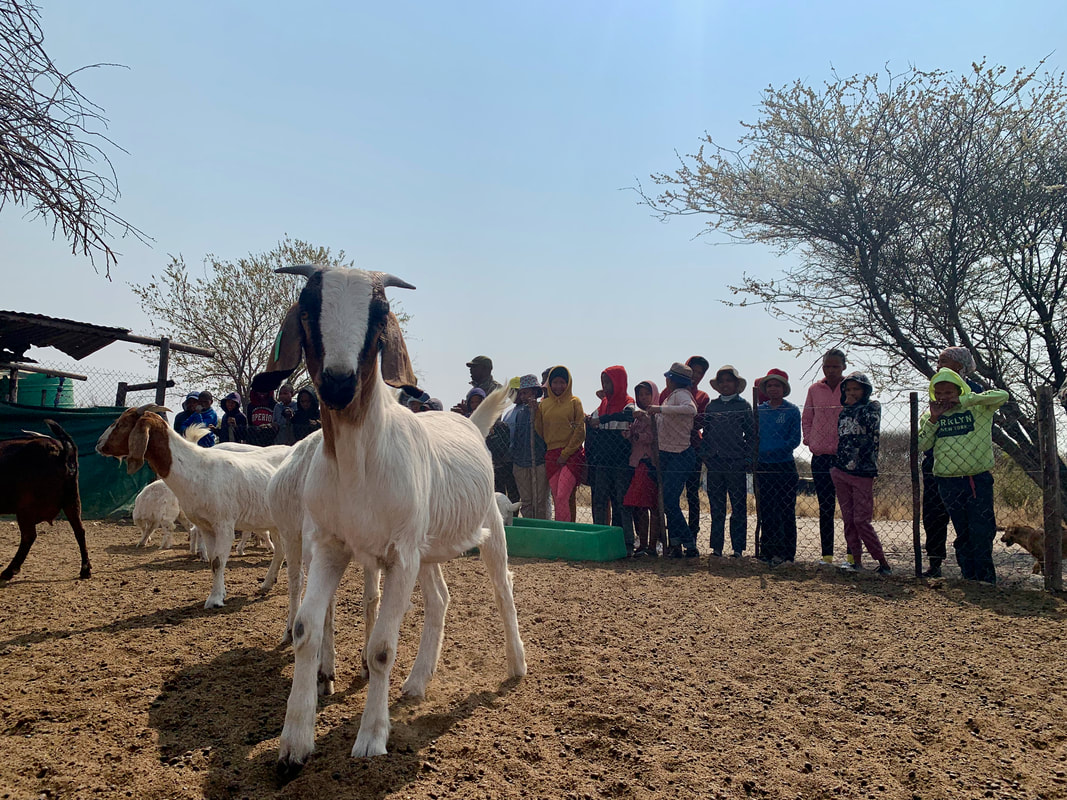
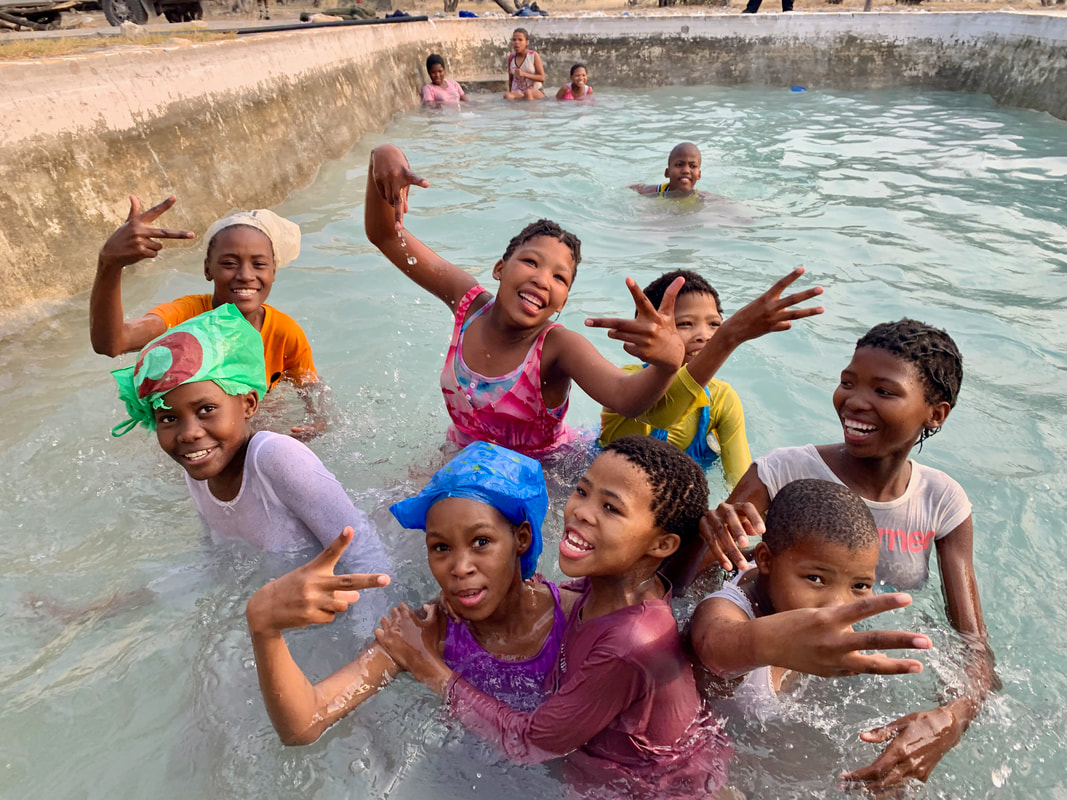
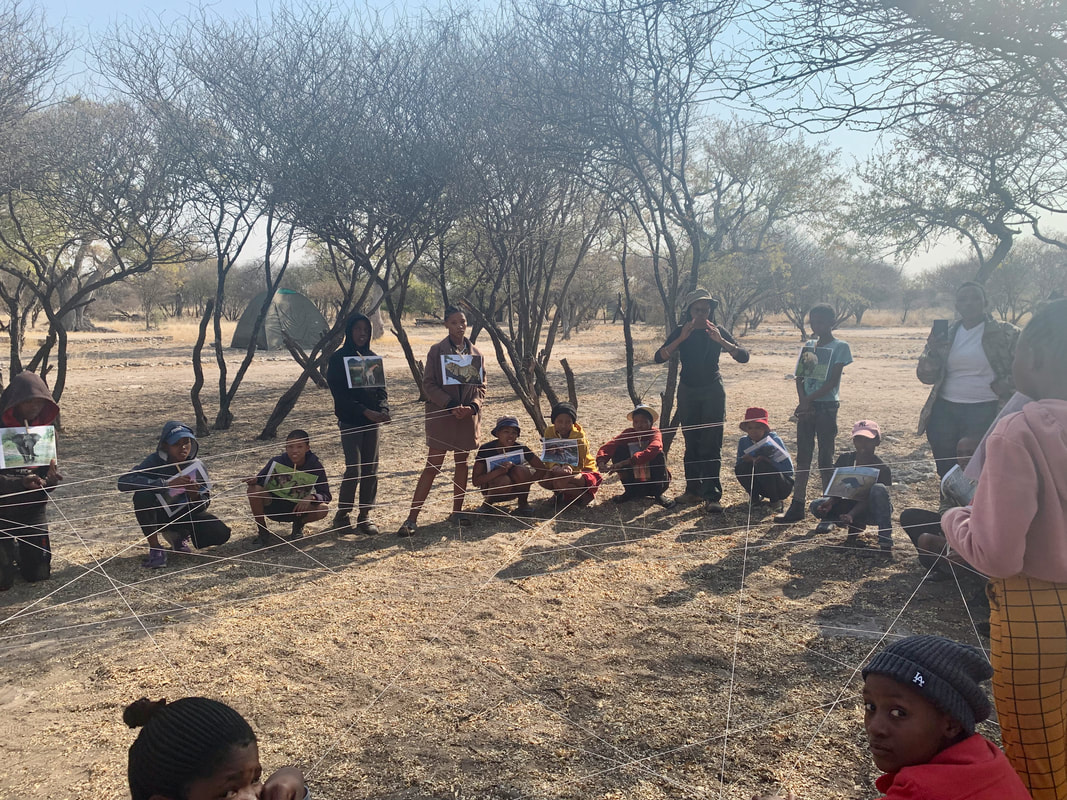
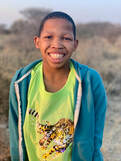
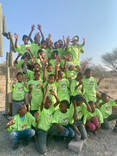
 RSS Feed
RSS Feed
